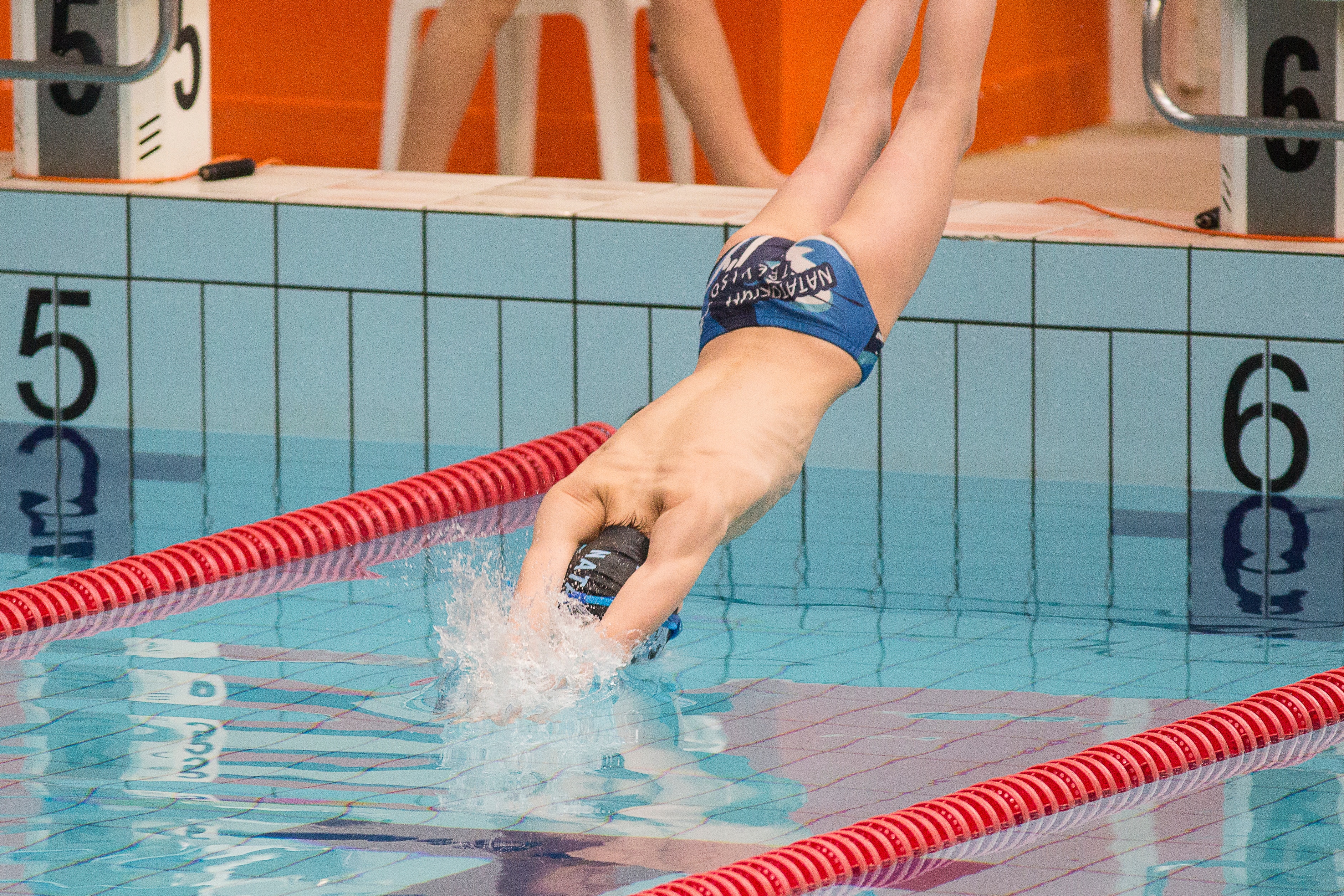With athletes mostly playing sports outside, it’s pretty common for them to experience allergies and altered sports performance. The good news is that offices like Premier Allergy and Asthma can help you get your symptoms under control and perform the way you need to. This article is going to look at some of the common symptoms of allergies and talk about the ways in which they impact sports performance.
Nasal Congestion
The first thing that Premier Allergy can help those that have allergies and play sports with is nasal congestion. This is one of the most common symptoms that people with allergies experience. Nasal congestion leads to not being able to breath, which is the last thing someone who plays sports needs. Not only will they not be able to play as long as they need to, but it could lead to things like passing out. Some things that can help alleviate this symptom are: nasal spray or something like menthol rub that will open everything up.
Coughing
Another common symptom is coughing. This is another issue that can lead to not being able to breath right. The bad thing is that a lot of physical activity can cause coughing to flare up. This means that the person playing the sports might experience coughing fits for the entire time they’re playing. This can also lead to other things happening, such as chest pains or having muscles end up pulled because the person has such violent coughing fits.
Sneezing
Another thing that a company like Premier Allergy and Asthma can help with is sneezing. This symptom is mostly just irritating, but there is also the probability that the player will have to stop in the middle of what they’re doing to let the sneeze out. This is especially bad because the eyes close during the sneeze and contact sports, like football, rely on being able to see your opponent coming at you. The bad thing is that there isn’t really too much that can be done to stop sneezing besides taking medications that are specifically made for that.
Watery/Itchy Eyes
Watery or itchy eyes can cause the person playing sports to have a hard time seeing. As stated before, many contact sports rely on the ability to see. Even if they don’t completely close the eyes, it’s not a good situation because it can result in blurry vision. Most of the time, the player will have to get medications to help stop the itchy or watery eyes. While over the counter medications will sometimes work, some people with severe allergies will need to get a stronger prescription.
Shortness of Breath
One last symptom of allergies that can affect sports performance is shortness of breath. Besides not being able to play for as long as they need to, there’s also a chance that the person can experience things like passing out or chest pains. All of these things are not good and you might have to get some kind of prescription breathing treatment or inhaler to help battle this.
As you can see, these are some pretty common symptoms and they can easily impact the sports player’s abilities to play. Companies like Premier Allergy are trained to help figure out what kind of medications can help you the most and get you back to playing the way you’re used to


